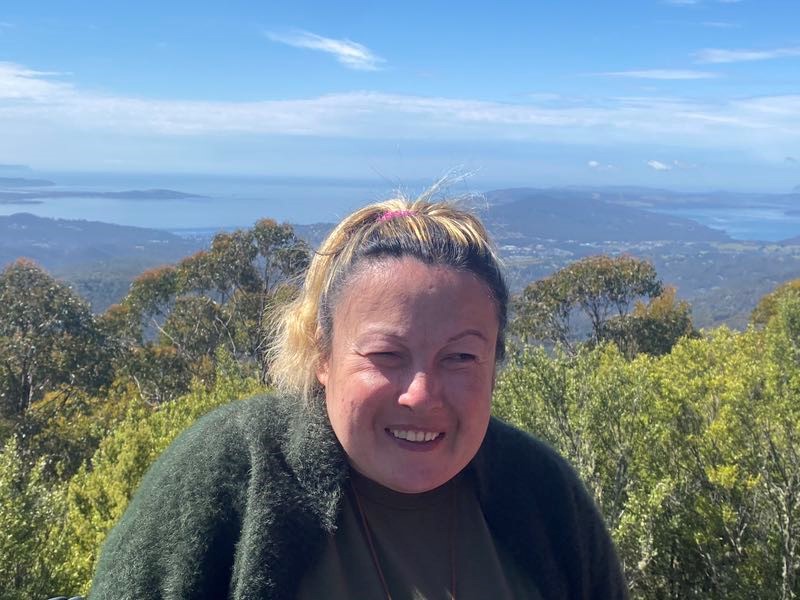
Bonnie shares the positive impact her new friendships have had on her wellbeing.
“I like being around people, but that wasn’t the case 10 years ago.”
I’m Bonnie, I’m 38 years old, and I have several mental health and intellectual disorders, including autism. In 2016, I started coming to the Lorikeet Centre to make new friends. I have since made new friends, and we go on Friday outings and attend groups together. This helps me, as it’s like therapy. My family is supportive, and I hang out with them on the weekends. I have volunteered at Lorikeet as a receptionist and run a history class. These days I also volunteer at op shops three days a week.
I like being around people, but that wasn’t the case 10 years ago. Back then, I wasn’t in a very good headspace. I didn’t have a weekly routine. I was working and everything, but hated my job and I couldn’t find what I was good at and what I wanted to do. I was struggling to find my strengths. I knew what my weaknesses were, but it wasn’t good that I was focusing too much on them.
“We clicked because we’re into similar things and have similar interests.”
I had been living in supported accommodation for about seven months and started making friends there before I found out about the Lorikeet Centre. I now have one good friend from Lorikeet who I see on weekends. We’ve started calling each other on the phone and sometimes go to the movies together. We clicked because we’re into similar things and have similar interests. I also socialise with other Lorikeet members over lunch. I sit and chat with them.
I also attend Befriend and Meetup groups, and I even host my own Meetup groups each month. This helps me get out of the house, socialise, and do stuff that I enjoy. And finding hobbies. I do art, I do painting. I go to an art group every Thursday morning and that helps me. I look forward to doing art and starting new projects.
“I like having support, it means a lot to me, and it really keeps me stable, and I don’t have to go to hospital.”
I work with support workers from DJ Connect and have good relationships with them. They have helped me express myself more when I do have problems, rather than bury myself into a problem. I can go to them when facing any issues, and they help me advocate for myself. I have about eight hours with them, so we do things according to my interests in those hours. I like having support, it means a lot to me, and it really keeps me stable, and I don’t have to go to hospital. They take me to an occupational therapist every Wednesday for my fine motor skills, as I struggle a bit. Then we go to the gym. I have a problem with my legs, so I like to go exercise on the bike at the gym. We go for walks for an hour every Wednesday to help increase my walking and mobility. Sometimes on Fridays we go to the swimming pool, the movies, and exciting excursions that the Lorikeet organises.
“I have better relationships with my family than before getting my diagnosis.”
Now that I have better relationships with my family than before getting my diagnosis, I’m able to interact more with them. I have a better relationship with my sister now. My mum visits me in the mornings and brings me food sometimes, and I see my dad and their dogs on the weekends. I have good relationships with the dogs as well. They love me and I love them back.
“Volunteering at op shops also helps me socially.”
Volunteering at op shops also helps me socially. I’m friends with the other volunteers and the managers. I’ve learned how to do the checkout and cash register, so all of this helps me improve my confidence. As there is always sorting and shelving to do, volunteering helps me with my mobility as a bonus. Volunteering gives me something to look forward to. It’s good to have a routine. It keeps me well. My hope is to get employment at the op shops and get better with my mobility to become more independent.
Share

